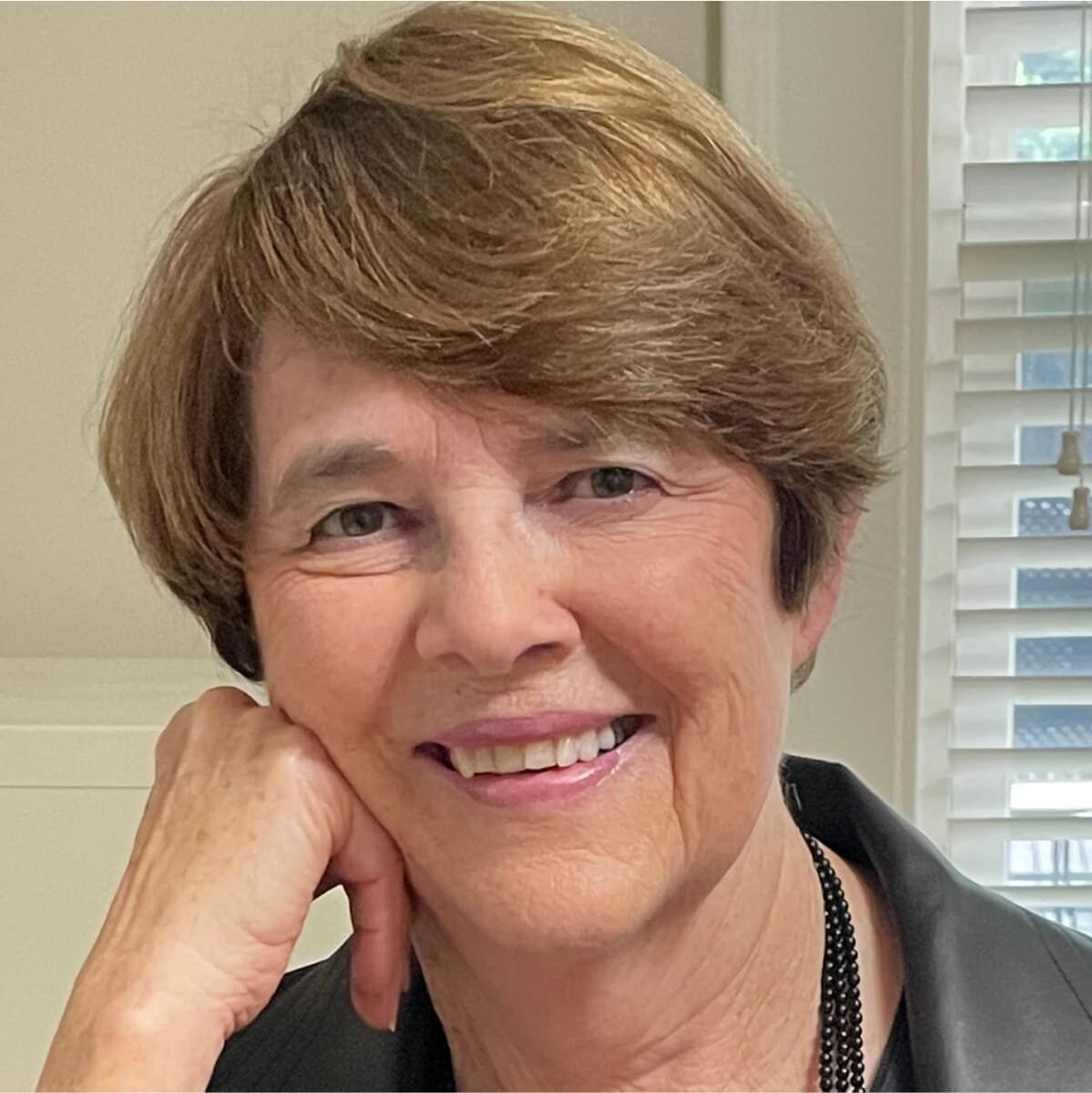
Inspector Gamache, Je T’aime
October 17, 2019
J’adore Armand Gamache.
That would be Chief Inspector Gamache, head of homicide in the Sûreté du Québec, the provincial police force of Québec, Canada. My fictitious love is the leading character in Louise Penny’s murder mystery series, set mostly in the lovely Eastern Townships of Québec.
The Canadian author has just released A Better Man, the 15th novel in her much-loved series that has been translated into 26 languages. Her books are a soothing, therapeutic, almost spiritual balm for today’s trying times. Imagine— instead of powerful people attempting to evade justice, Gamache holds powerful people to account.
The Gamache series is said to be inspired by these lines from W.H. Auden’s elegy to Herman Melville, “Goodness existed: that was the new knowledge. His terror had to blow itself quite out to let him see.”
Gamache’s character, says Penny, is inspired by her late husband, Michael Whitehead; by Atticus Finch in To Kill a Mockingbird; and by Jean Gamache, a tailor in Granby, Québec.
Chief Inspector Gamache, a middle-aged French-Canadian detective who speaks English with a British accent because he studied at Oxford, is a good man. He is kind, wise, empathetic, intelligent, and brave. He has been shot and has risked his career more than once to do the right thing. He has been grievously wronged and humiliated by his superiors, and yet he survives.
Gamache is a natural leader who loves his wife madly, and his children and grandchildren, too. He is deeply philosophical and, unlike Mike Hammer, Gamache ponders the existential questions of life.
Armand Gamache lives in the (seemingly) idyllic village of Three Pines, where most of the mysteries are set and where I plan to live someday. It’s a wooded, tranquil place (except for those grisly murders) that boasts cozy homes, a pretty river, a homey bookstore, a charming inn, an old-fashioned general store, and an exceptional boulangerie.
Three Pines, says Penny, “exists as an allegory, a state of mind I carry with me everywhere, a symbol for when we choose to be kind, and I populate it with people I would choose as friends.”
As I said, I want to live there, not least because the villagers are always having brunches where they enjoy flaky croissants, warm crusty baguettes, and steaming cups of chocolat chaud, as well as dinner parties where they haul out good red wine, luscious coq au vin, runny cheeses, and silky-smooth crèmes brûlées.
I have loved French Canada since I was 19 and studied French at Laval University in Québec City. Back then, most people there spoke only French. Today most everyone speaks English, too.
I’m also partial to French Canada because that’s where my father’s forebears settled back in the 17th century when they left France to start a new life in a new land. I have lots of Québecois ancestors with names like Pierre, Marie-Clothilde, and Geneviève.
But I digress. Louise Penny’s books give us a much-needed reminder that there are many good, honest people out there who help their neighbors, work hard, live ethically, and love truly. Who know that evil exists in the world—but also that it can be overcome.
Don’t retire, Chief Inspector Gamache. We need you now more than ever.

Jan Collins is a Columbia, South Carolina-based journalist, editor, and author. A former Nieman Fellow at Harvard and former Congressional Fellow in Washington, D. C., she is the coauthor of Next Steps: A Practical Guide to Planning for the Best Half of Your Life (Quill Driver Books, 2009).